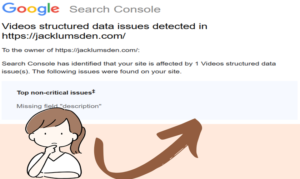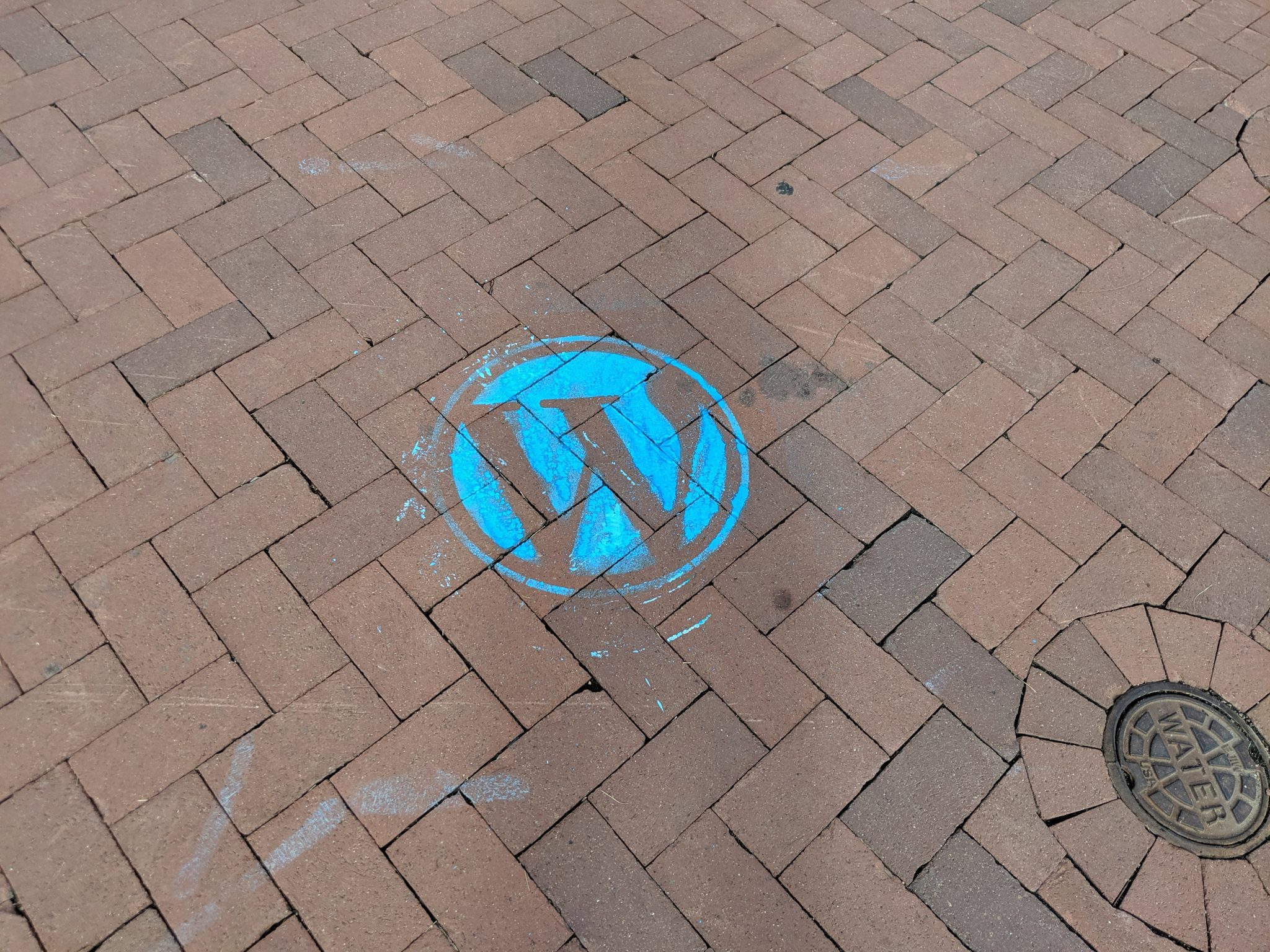Search Engine Optimization (SEO) is essential for establishing a robust online presence, particularly for WordPress users.
This guide is crafted for beginners, offering a deep dive into WordPress SEO strategies and tools to elevate your website’s search engine rankings and drive more traffic.
Understanding SEO
SEO is the art and science of optimizing your website to rank higher in search engine results for relevant keywords and phrases, thereby increasing your site’s visibility.
WordPress SEO Basics
Though WordPress is SEO-friendly by default, there are numerous strategies to further enhance your site’s searchability:
1. Select a Reliable Hosting Provider
A quality hosting provider ensures your site’s speedy performance and constant availability, both crucial for good SEO rankings.
2. Choose an SEO-Friendly Theme
Opt for themes with clean code and proper structure to aid search engines in indexing your content efficiently.
3. Implement SEO Plugins
Plugins like Yoast SEO or All-in-one-SEO provide a solid foundation for optimizing page titles, meta descriptions, and more, streamlining your SEO efforts.
4. Content Optimization
High-quality, keyword-rich content is central to SEO success. Structure your content with appropriate headings and meta tags for better indexing.
5. Enhance Site Speed
Fast-loading sites fare better in search rankings. Employ caching plugins and image optimization techniques to improve speed.
6. Build Quality Backlinks
Backlinks from reputable sources can significantly boost your SEO. Focus on creating link-worthy content.
7. Leverage Social Media
While not a direct SEO factor, social media can increase your content’s reach and drive traffic to your site.
8. Ensure Mobile Responsiveness
A mobile-friendly site is essential in today’s mobile-first world, contributing positively to your SEO.
9. Utilize Analytics Tools
Google Analytics and Search Console offer valuable insights into your site’s traffic and search performance, aiding in fine-tuning your WordPress SEO strategies.
10. Regular Content Updates
Fresh, updated content is favored by search engines, helping maintain and improve your rankings over time.
Watch this video to learn more about WordPress SEO basics by WordPress.com.
WordPress SEO Strategies – Best Practices
To further enhance your WordPress SEO, consider these additional best practices:
Properly Use Categories and Tags
Categories and tags help organize your content, making it more navigable for users and search engines. Use categories to group your posts under broad topics and tags to highlight specific details. This structure helps search engines understand and index your content more effectively.
Add Schema Markup and Rich Snippets
Schema markup helps search engines understand your content context, leading to rich snippets in search results, which can improve click-through rates. Plugins like Yoast SEO can simplify adding schema markup to your content.
Optimize Comments
Engaging comments can add fresh, keyword-rich content to your pages, enhancing SEO. However, moderating comments to prevent spam is crucial to maintain your site’s quality.
NoFollow External Links
Using the NoFollow attribute for external links tells search engines not to pass PageRank to those links, helping you manage the flow of your site’s link equity.
Internal Linking
Internal links connect your content and give search engines an idea of the structure of your website. They can help establish a hierarchy on your site, allowing you to give more value to important pages.
Choose Between Full Posts vs Summaries (Excerpts)
Displaying full posts on your homepage and archives can lead to duplicate content issues, while summaries or excerpts can improve loading times and user experience, potentially leading to better SEO outcomes.
Conclusion
Mastering WordPress SEO Strategies might appear overwhelming, but by systematically applying these strategies and best practices, you can significantly enhance your site’s search engine rankings.
SEO is an ongoing journey, requiring continuous learning and adjustments. By staying committed and keeping your site optimized, you can achieve the visibility your WordPress site deserves.
FAQs
What is SEO and why is it important for my WordPress site?
SEO, or Search Engine Optimization, is the practice of optimizing your website to rank higher in search engine results. It’s crucial for WordPress sites as it increases visibility, drives organic traffic, and enhances user experience.
Can I improve SEO on WordPress without plugins?
While plugins like Yoast SEO and All in One SEO make optimizing easier, it’s possible to improve your WordPress site’s SEO through manual optimizations like enhancing content quality, optimizing images, and ensuring your site is mobile-friendly.
How do I choose the right keywords for my WordPress site?
Keyword research involves finding terms that your potential audience is searching for. Tools like Google Keyword Planner, SEMrush, and Ahrefs can help identify relevant keywords. Aim for those with high search volume but lower competition.
What are permalinks and how do they affect SEO?
Permalinks are the permanent URLs to your individual posts, pages, and other content. They are important for SEO because they help search engines understand the structure of your site and the content of each page. Using a clear and descriptive permalink structure can improve your site’s search engine rankings.
Should I use categories and tags, and how do they impact SEO?
Yes, properly using categories and tags helps organize your content, making it easier for users and search engines to navigate your site. They can improve SEO by grouping related content, which can enhance topical authority and user engagement.
What is the importance of internal linking?
Internal linking connects your content, helping search engines understand your site’s structure. It allows you to highlight the most important pages and can improve SEO by distributing page authority throughout your site.








